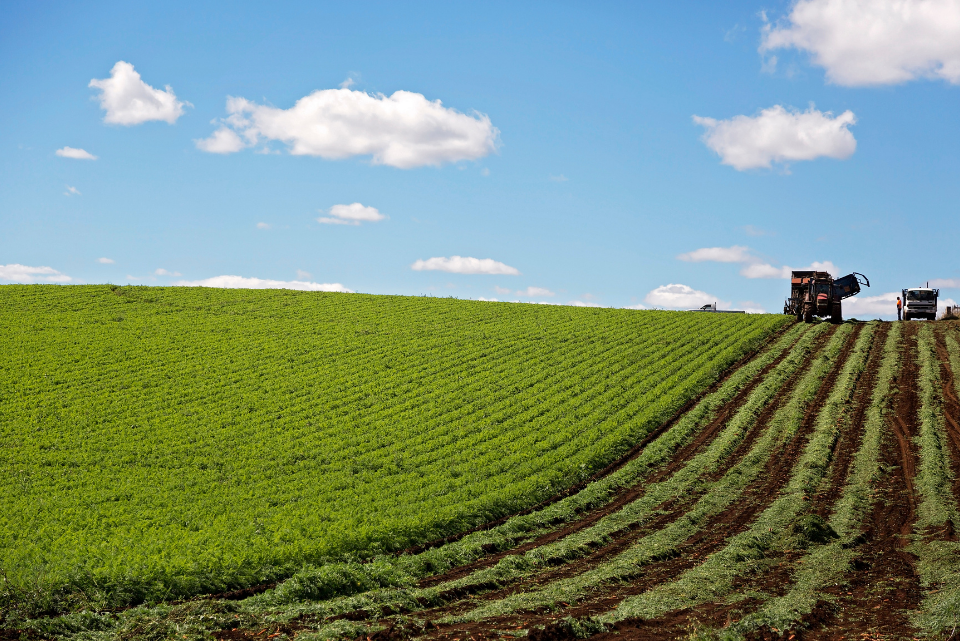Food for thought for environment-conscious comsumers
The global pandemic provided consumers anxious to play their part in the battle against climate change with food for thought – literally!
Never has the provenance of what we put on our plates been a source of greater debate. Food security and sustainability became a key issue as restrictions hit.
And that, according to the Chief Executive of the Royal Highland and Agricultural Society of Scotland (RHASS) Alan Laidlaw, provides us with a window of opportunity to pause, take stock, and look more thoughtfully at all that Britain’s farmers are doing in terms of sustainability.
Rather than viewing our essential farming sector as “part of the greenhouse gas emissions problem” he argues, we are long overdue in seeing it as a big part of the solution.
On a basic level, huge strides are being taken through research and best practice to reduce the impact of farming – especially livestock farming – on our environment. More sustainable soil, water and drainage management; new ways of reducing methane emissions, and even methods discovered to trap and use the methane as a fuel source in an extraordinary example of a circular economy at work.
In other words, every day that passes sees our farmers in the UK deliver more environmentally-friendly outcomes while continuing to produce the essential food to keep us all eating and drinking well.
On top of that, Alan maintains, some of the existing accepted wisdom needs to be viewed much more critically: “’Almond milk as better for our environment than cow’s milk’ is one that springs to mind.
“Much of the world’s almond supply comes from California, which suffers drought and is taking water to support its farming from literally two States away. Water is evaporating before it even reaches California and is being lost on a huge scale. The almond crop then needs to be transported for processing.
“The claims around the nutritional benefits of almond milk versus dairy are also the subject of debate, but increasingly science is articulating the many benefits that dairy milk brings to our diet. And much of what we drink is produced here, in Scotland, by grass-fed cattle.”
In Cornwall, a small local firm is working with farmers on trapping methane gas from slurry and converting it to a fuel that can help replace fossil fuels. Slurry is one of the major sources of methane gas produced by agriculture. The process of converting grass into milk and slurry, then into methane capture, and finally into a fossil fuel replacement, is said to be better than net zero carbon.
Alan insists Scotland’s farmers, as the managers of our green spaces, are utterly committed to improving environmental outcomes even as they face the challenges posed by population growth and the need for food production and security.
During Cop26, he said, the RHASS would focus on three key areas of activity which demonstrate this commitment:
- Regenerative Growing – improving soil health and reversing climate change through expanding biodiversity and improving the water cycle
- Soil carbon storage – removing CO2 from the atmosphere as carbon sequestration
- Woodland creation
He said: “We all need to eat, and we all want to have reasonable choice about what we eat. One thing the past year has certainly done is create huge interest in food – where it comes from, how it is produced and so on.
“One thing we can all do if we really want to make a big difference to our environment is to buy local produce. Scotland’s farmers are among the best in the world and our produce is renowned, from our soft fruits to our beef.
“We are also determined to play our part in tackling climate change – farmers are affected by the weather as much as anyone. That means improving land management even more to the benefit of everyone who loves our green spaces.”




